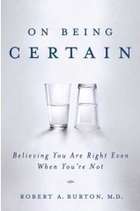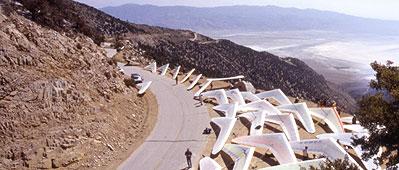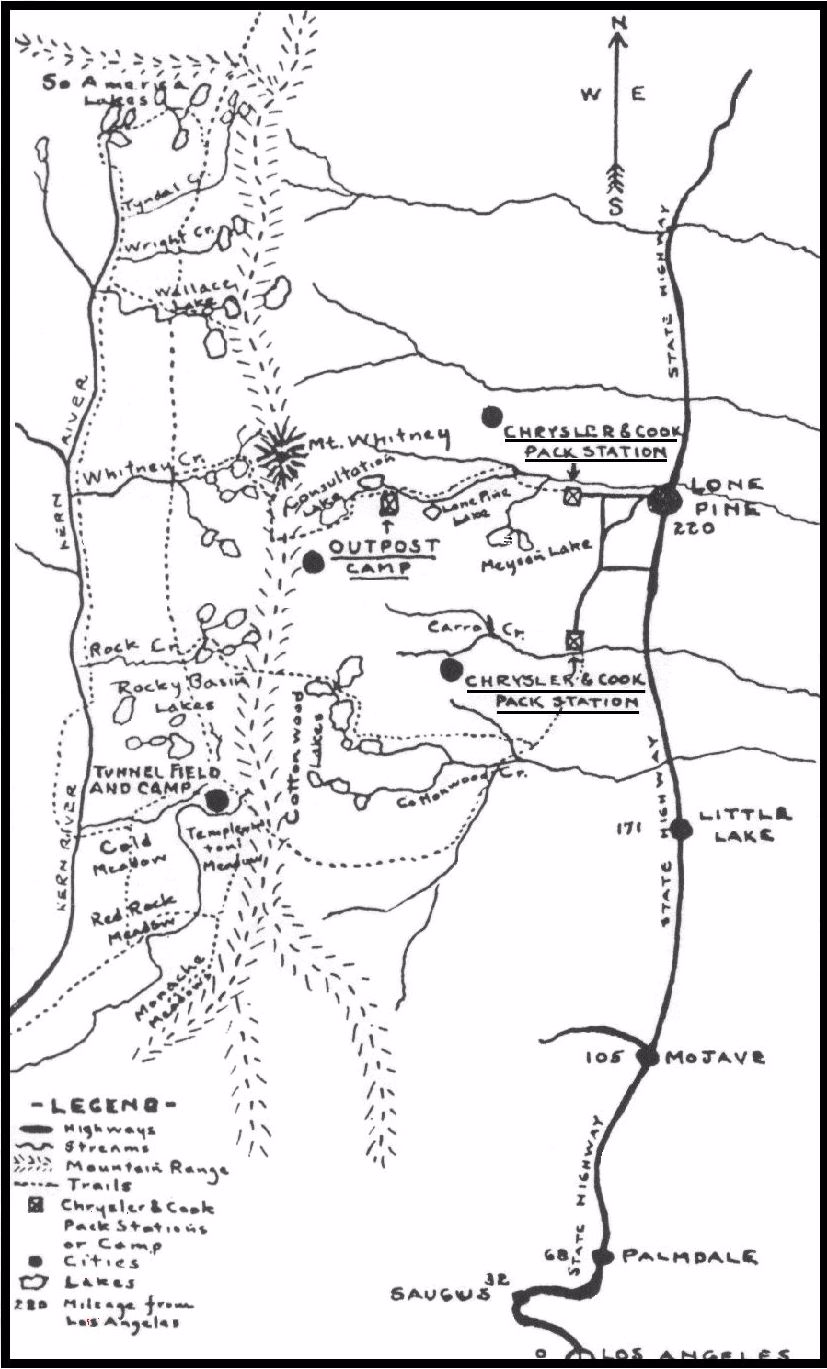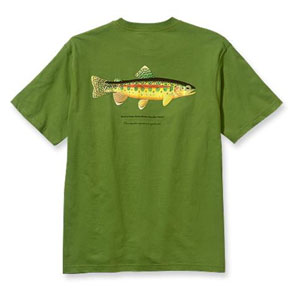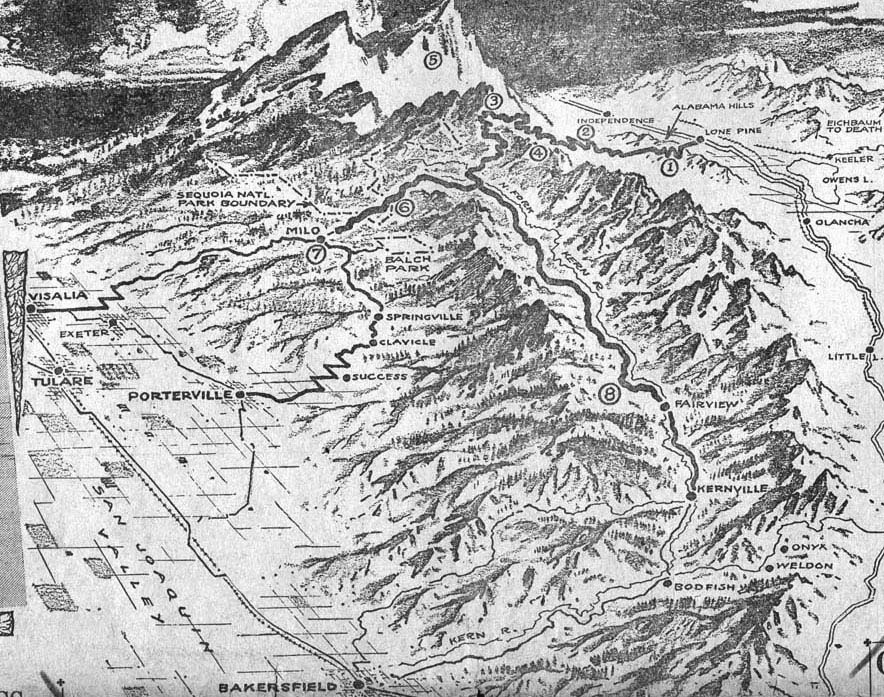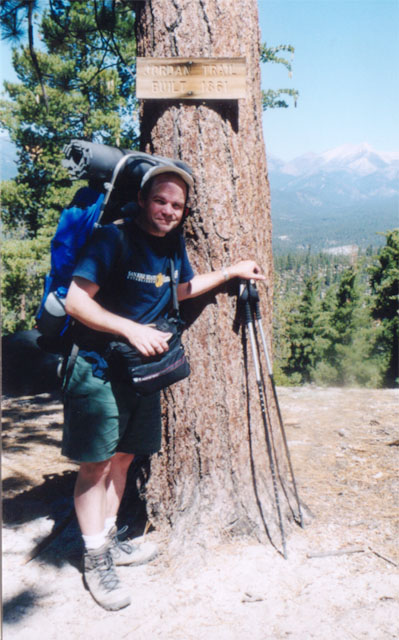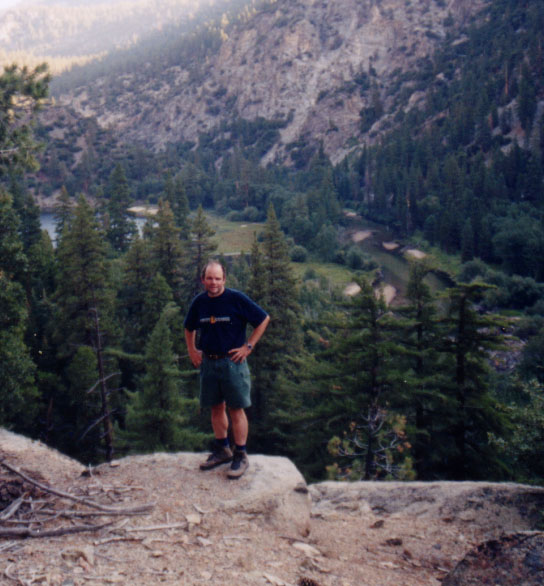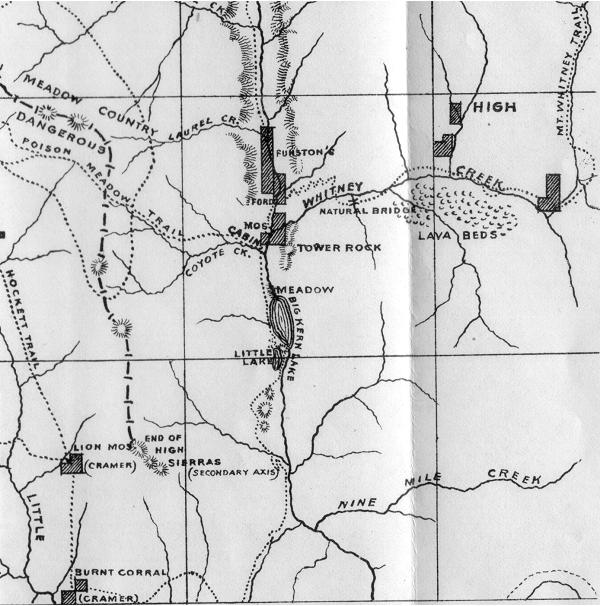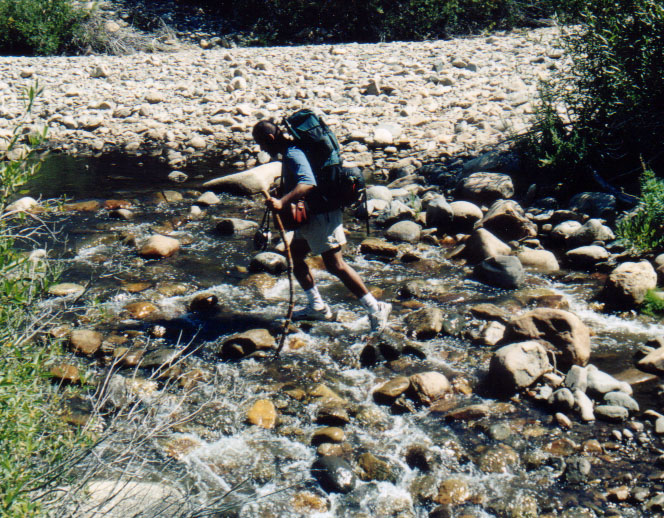I kept silent about my apostasy for eight years. I had learned early on that my parents could not handle even discussing the possibility that I might lose my faith, so I took my infidelity underground.
I dropped a few hints with my family here and there toward the end of those years, but I stopped short of making any grand declaration of apostasy. I’ll admit I even attended Baha’i community meetings out of curiosity when I’d heard that a controversial Baha’i holy book would soon be published (after 123 years of obscurity), or that a Baha’i community leader was leaving his wife for my coworker’s ex-wife. I also attended the funeral of a young Baha’i I had worked with at the Baha’i World Center, whom I had generally avoided of late for his sake.
I paid a visit to another Baha’i friend at one point in those underground years. He and I had previously served on our Baha’i District Youth Committee and had attended the same college in the mid-eighties, before I split for Africa (and ended up at the Baha’i World Center). He had always struck me as an honest, open, and modest person; not preachy like so many of my former co-religionists. Though I did expect openness from him, I was taken off balance when he admitted that he had recently struggled through a crisis of faith. I could have responded, “Dude! My faith isn’t in crisis. It’s dead and dismembered!”, but I wasn’t ready to come out of my closet yet, and I didn’t want to shake his faith, so I didn’t say anything. Had I let him down as a friend? I wonder what he thought. Did he think I had shut out his passing confession? I’ll probably never know.
It wasn’t until I got married that I came out. The Baha’i faith of my parents insisted on interfering in my marriage, so I finally had to draw the line, and I couldn’t be subtle, ambiguous, or even modest about it if I was to be understood. My parents would not believe that I wasn’t a believer, and their Baha’i leadership had not accepted my withdrawal without an explanation, so I gave them an explanation, and I published my explanation. It was finally perfectly clear that they need no longer concern themselves with whom I married, or any other decisions I made.
I was a little worried that my published criticisms of the Baha’i religion might make the wrong people angry; say, people with predispositions to violence. There have thusfar been no death threats, but some of the Baha’is whom I once respected most have not spoken a word to me since I came clean. A couple of my Baha’i family members have got nasty on occasion, but as a general rule, most of the Baha’is that I have encountered have treated me with civility. Maybe some of them do because they think I’m still a believer, but certainly not all of them.
I can’t say that I don’t sometimes miss being a part of the “Baha’i family”. I can’t say that I enjoy being shunned by old friends. It has not been a small price to pay, but what I have gained in integrity has been well worth it. I have no doubt of that.
